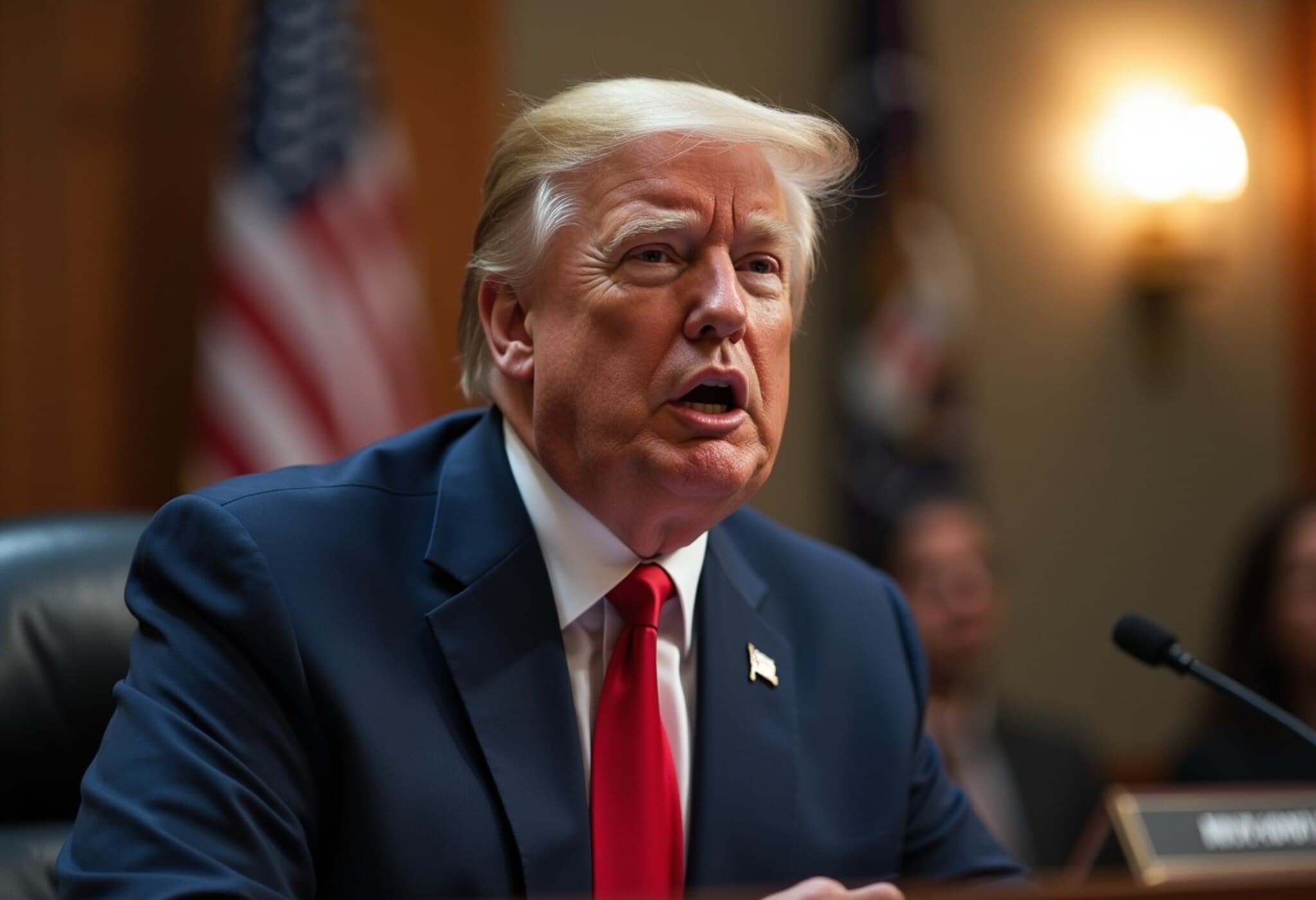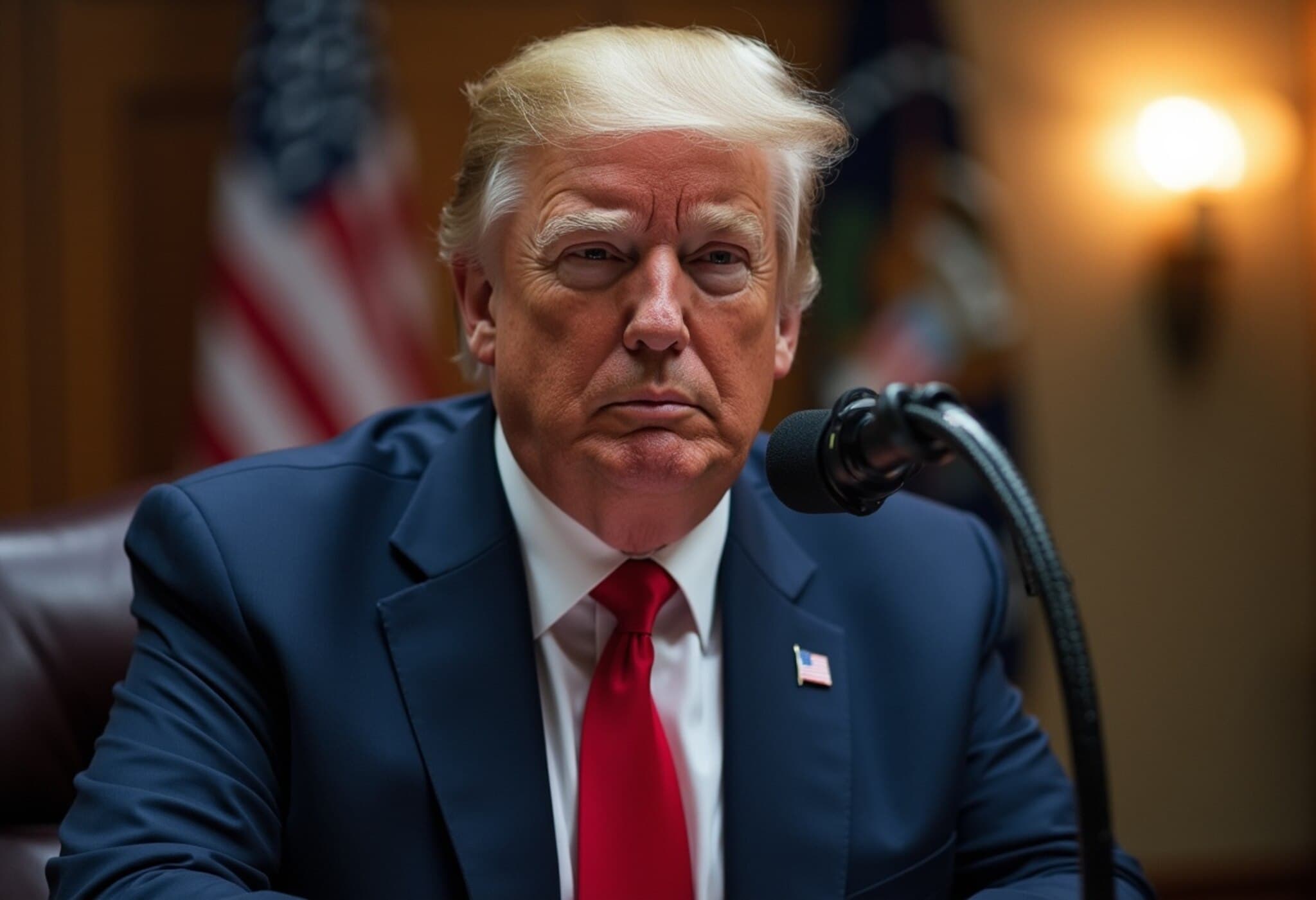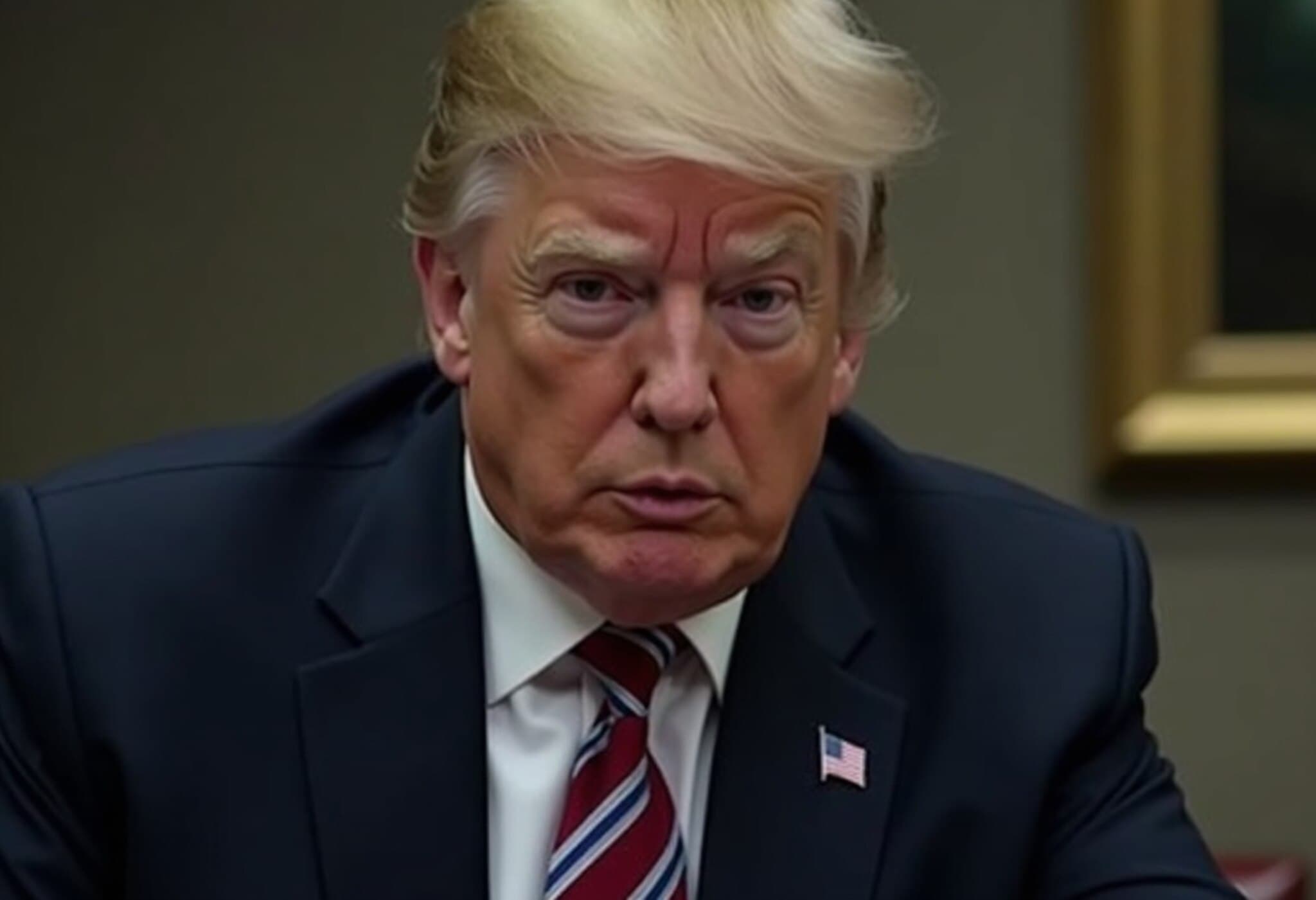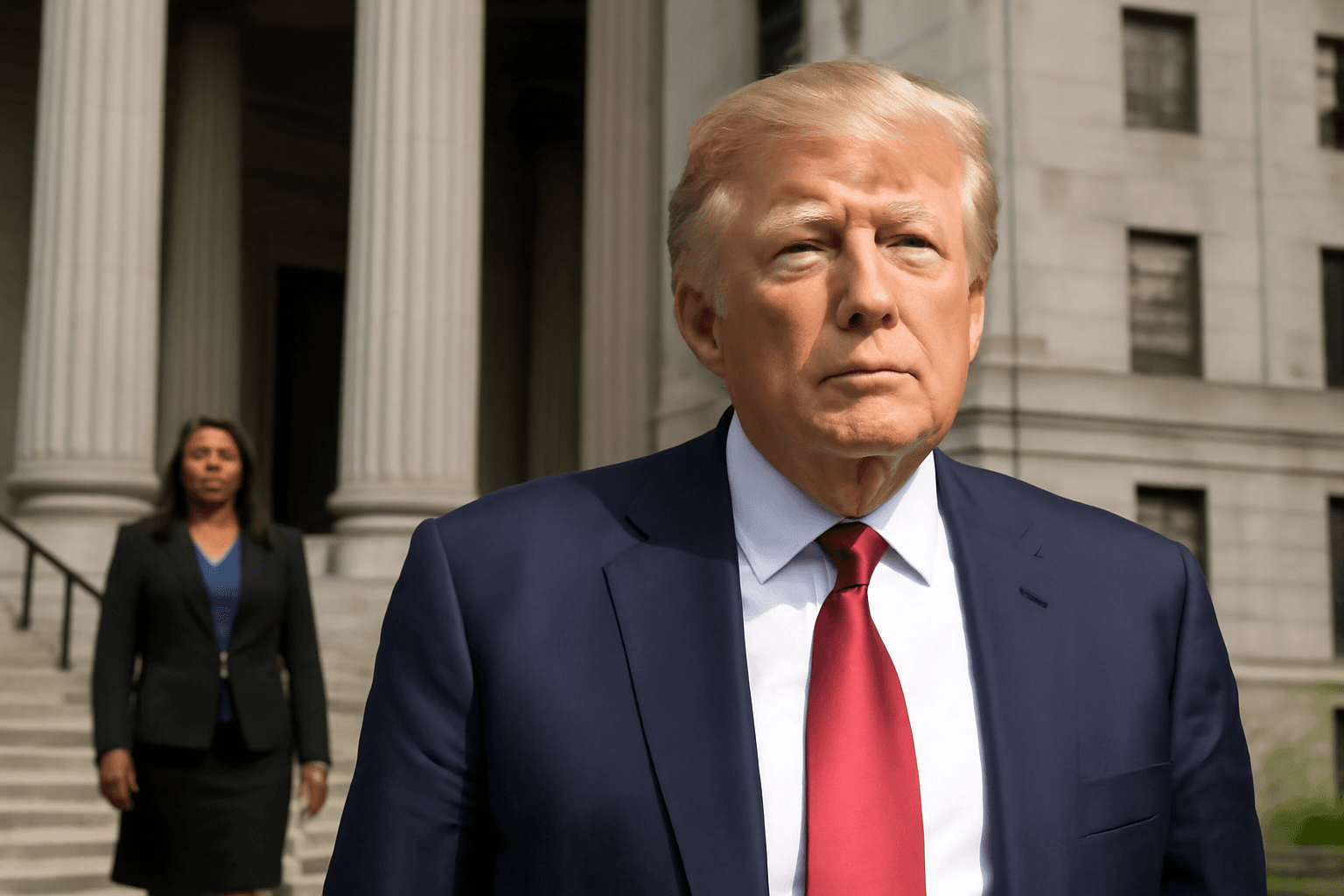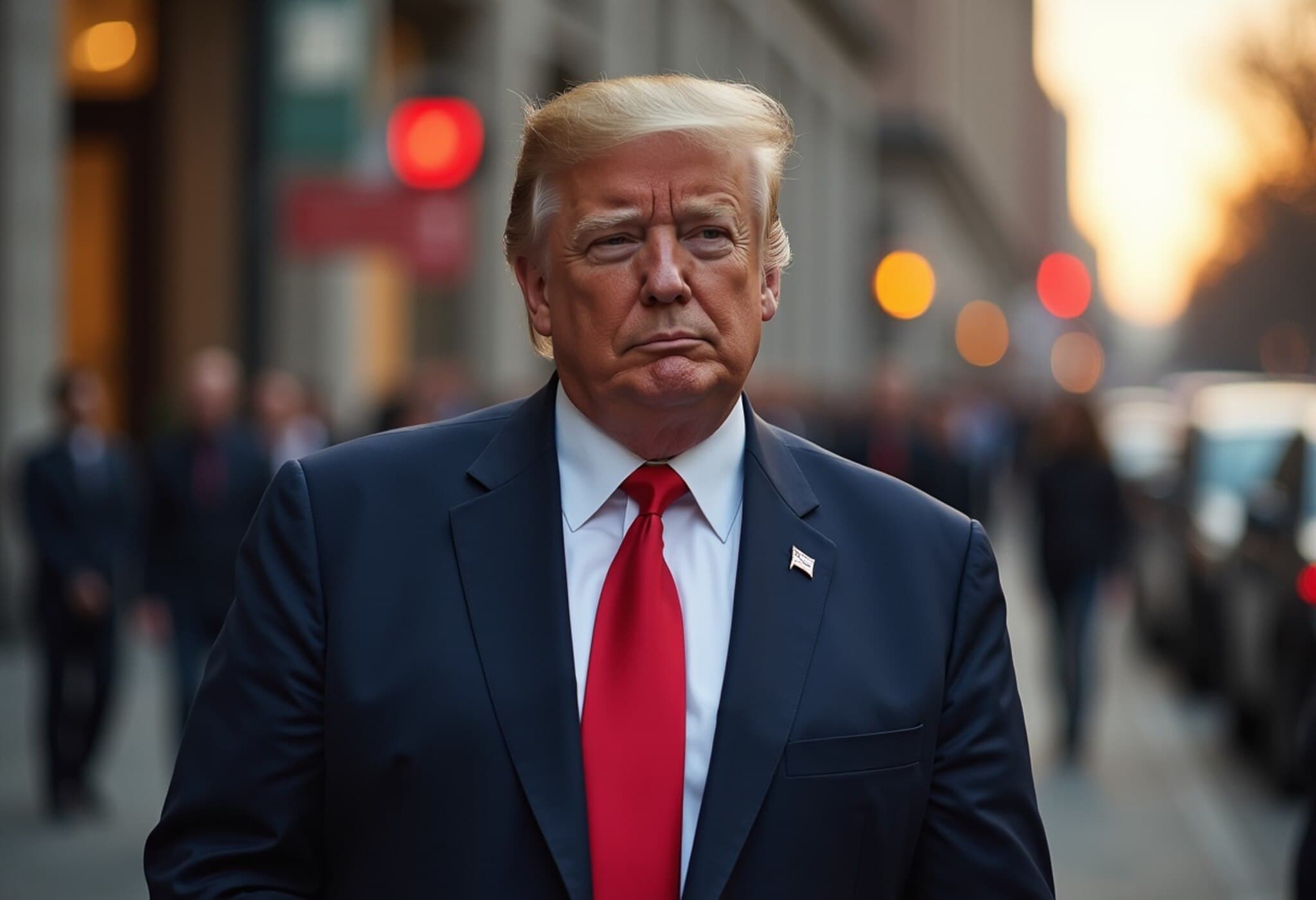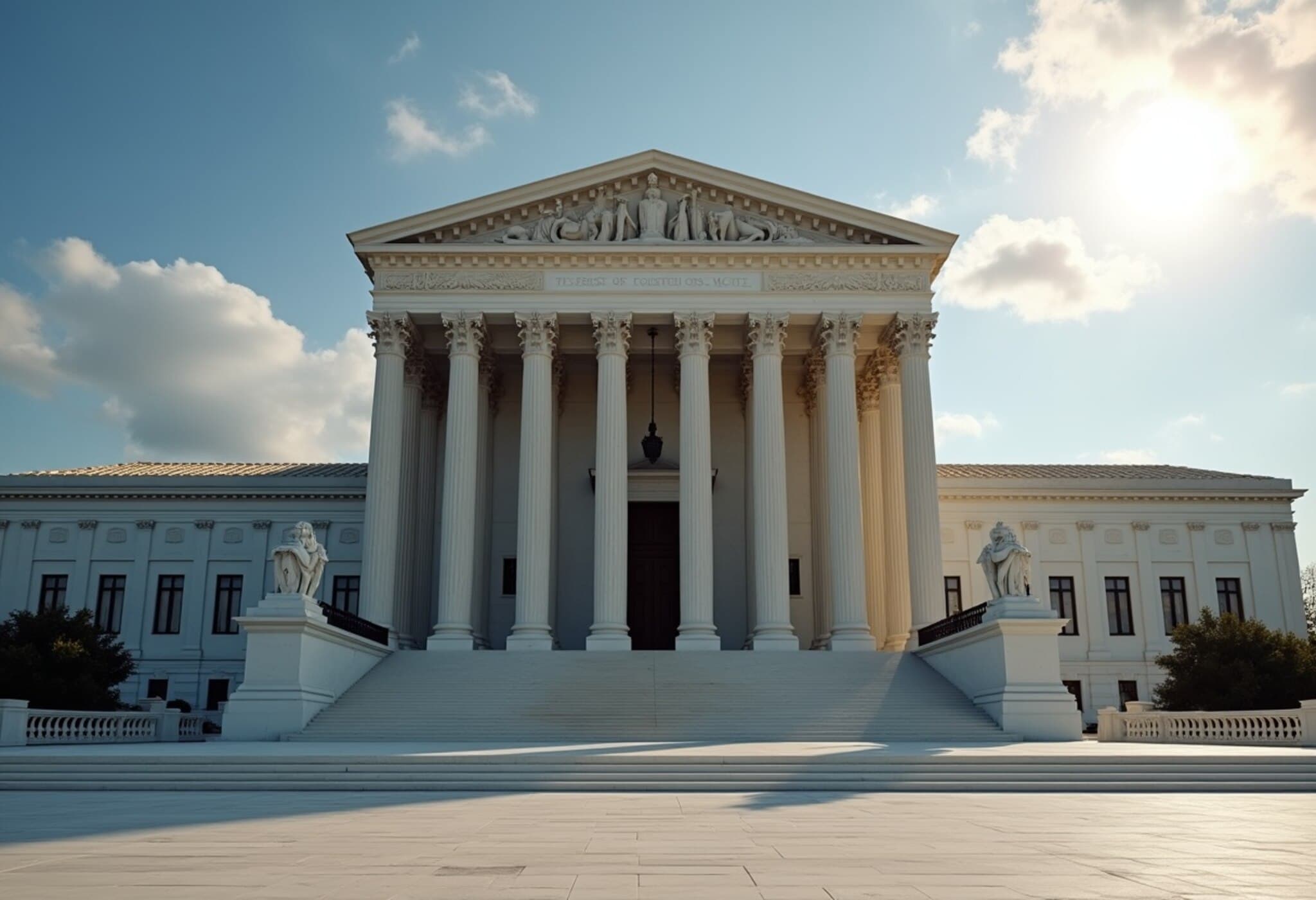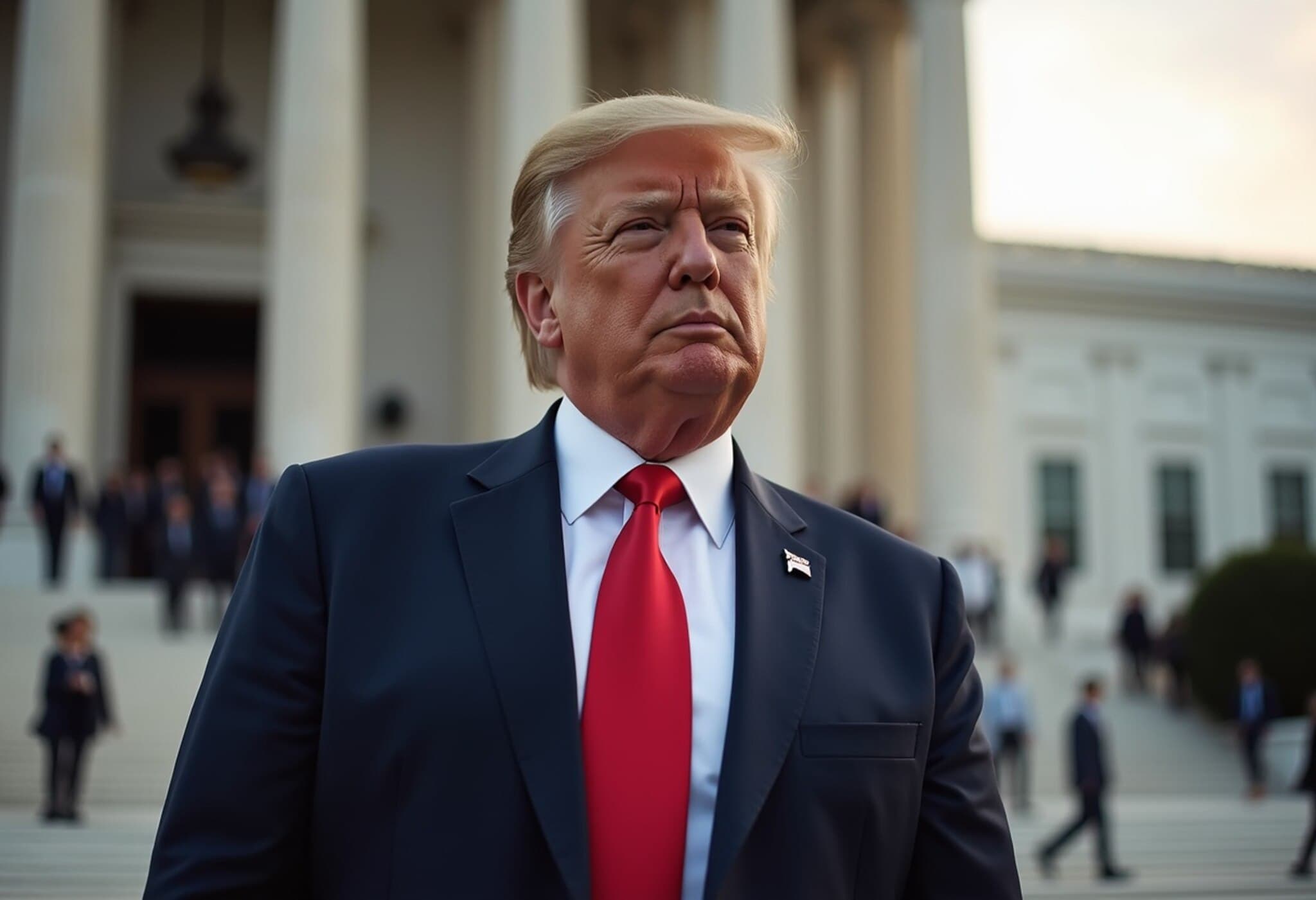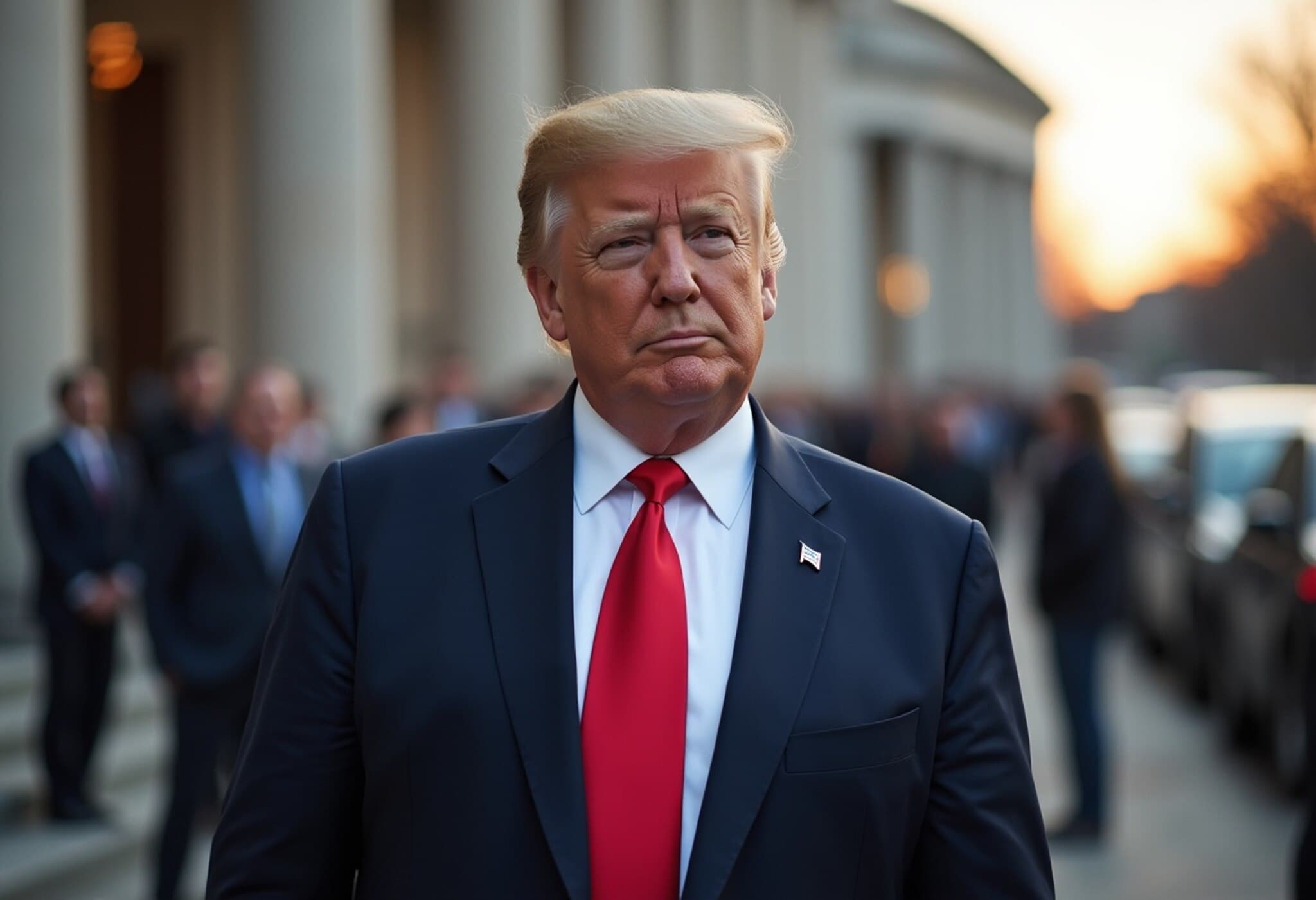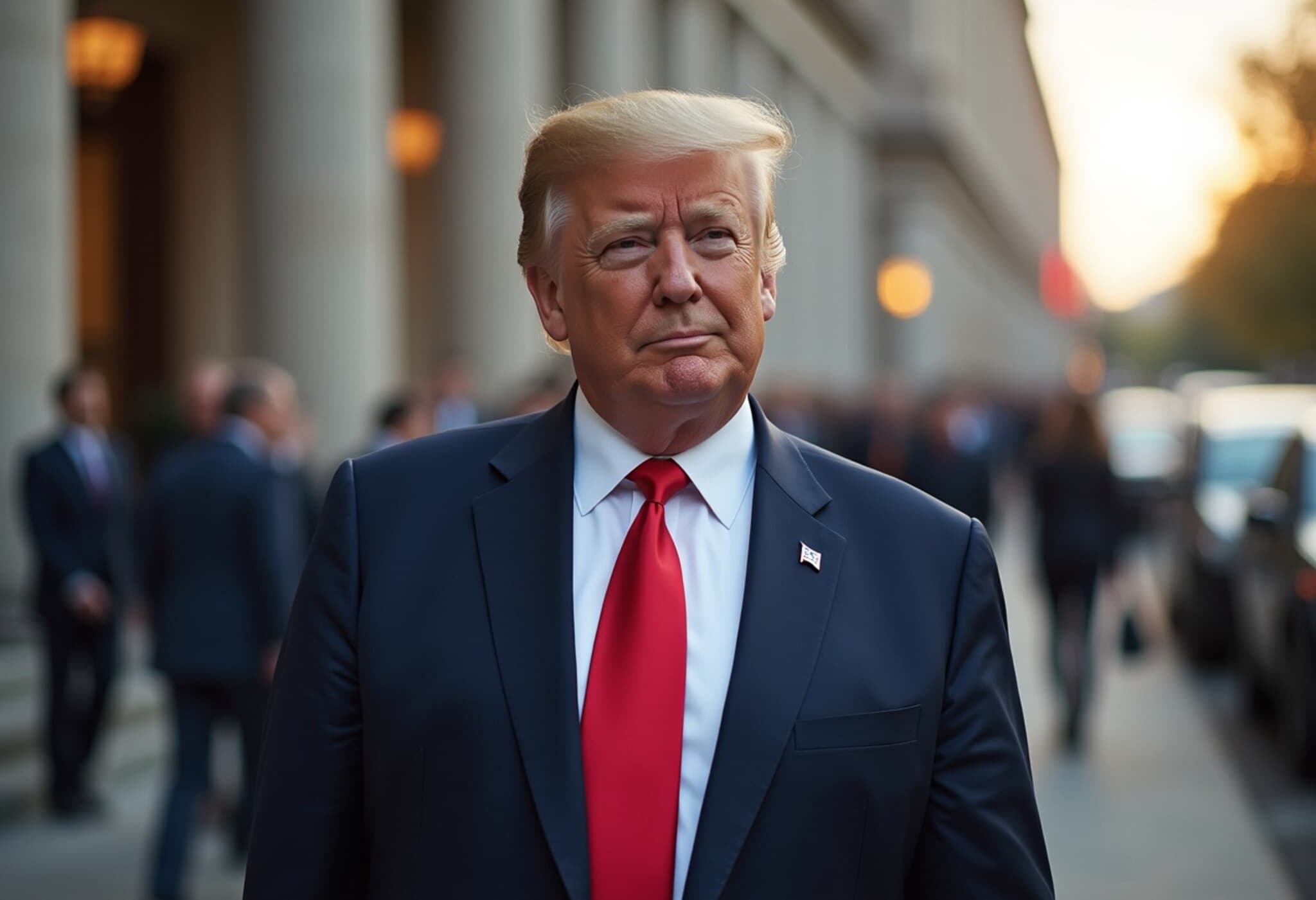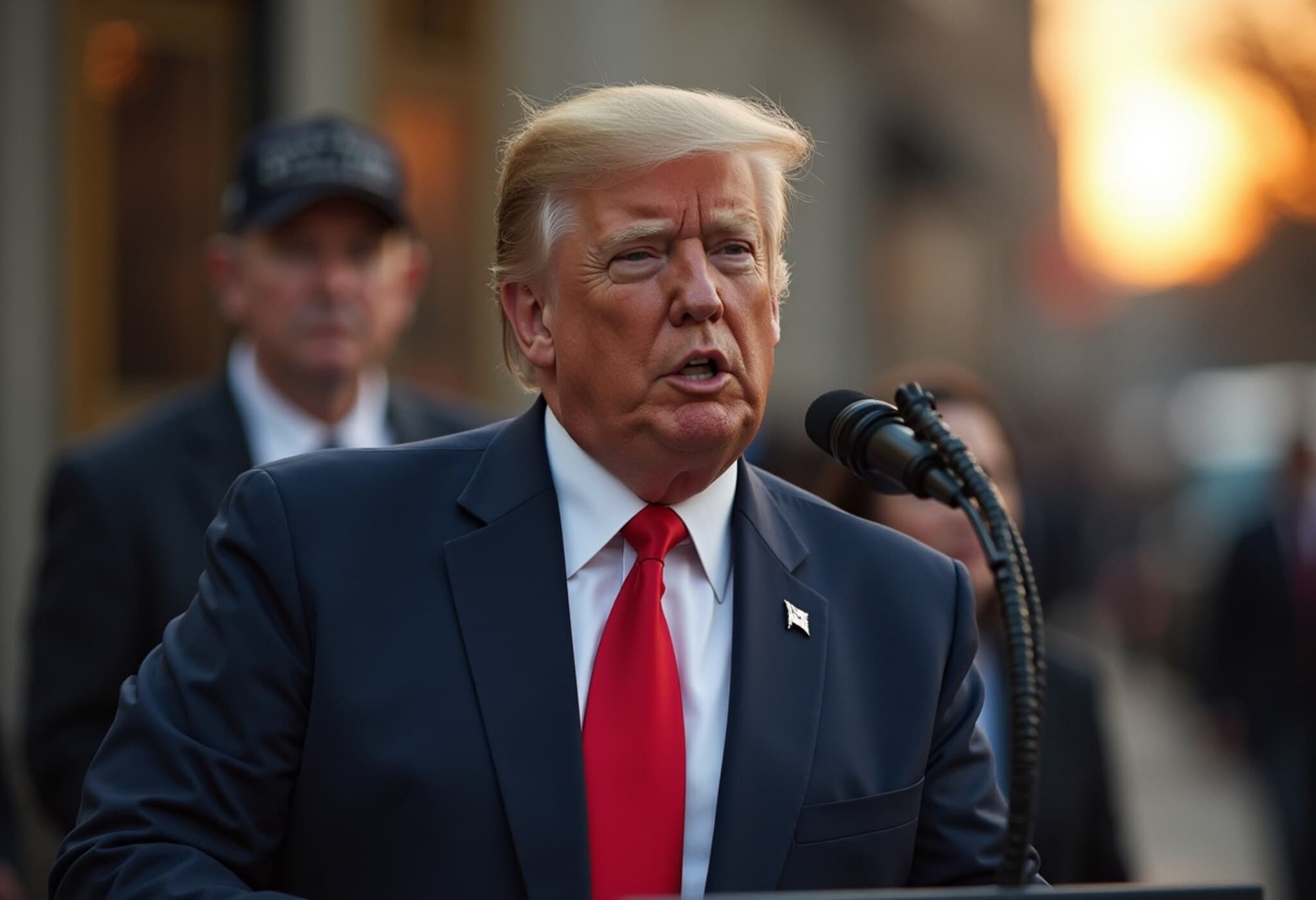Federal Judge Maintains Nationwide Block on Trump’s Birthright Citizenship Executive Order
In a significant legal decision on July 26, 2025, US District Judge Leo Sorokin reaffirmed his nationwide injunction that halts the enforcement of former President Donald Trump’s executive order aimed at restricting birthright citizenship. The ruling, issued from Boston, preserves the legal status quo and dismisses the administration's proposal to narrow the injunction's scope.
Background: The Executive Order and Legal Challenges
On January 20, 2025 — his first day back in office — President Trump signed the controversial executive order directing federal agencies to deny citizenship to children born on US soil if their parents are not citizens or lawful permanent residents. This marked a stark shift from the longstanding interpretation of the 14th Amendment's Citizenship Clause, which has historically guaranteed citizenship to anyone born in the United States.
Democratic-led states swiftly challenged the order, arguing that it was unconstitutional and would create undue hardship. A coalition of 22 states, along with immigrant advocacy groups, brought a lawsuit that led Judge Sorokin to issue an initial nationwide injunction in February 2025.
Judge Sorokin’s Rationale for Upholding the Nationwide Injunction
In his detailed order, Judge Sorokin emphasized the need to protect the plaintiffs — states and affected individuals — from the injuries likely to result if the executive order were implemented, even during ongoing litigation. The judge rejected arguments from the Department of Justice that a more limited injunction would suffice, highlighting that a fragmented approach could cause administrative chaos and unequal treatment across states.
"The evidence does not support any narrower remedy that could adequately shield plaintiffs from the harms of the unlawful policy," Sorokin wrote, underscoring the importance of a uniform legal standard nationwide.
Implications for Immigration Policy and Federal Programs
New Jersey Attorney General Matthew J. Platkin hailed the ruling as a victory for constitutional rights and the rule of law. "American-born babies are American," he asserted, affirming the enduring principle dating back to the nation’s founding.
The ongoing dispute raises complex questions about federalism and immigration enforcement. States argued that inconsistent application of birthright citizenship policies could disrupt federal benefit programs like Medicaid, complicate record-keeping, and trigger internal migration within the US as families seek more predictable legal status, creating pressure on social services.
Supreme Court Context and Judicial Trends
In a related development, the US Supreme Court's recent decision limited the use of "universal" nationwide injunctions — rulings by a single district court that block federal policies nationwide. Nevertheless, it left room for exceptions, which judges like Sorokin have navigated by maintaining broad injunctions in cases involving constitutional rights.
Echoing Sorokin’s approach, a New Hampshire judge also issued a nationwide injunction in a class-action lawsuit representing children who would be denied citizenship under Trump’s order. Moreover, a California federal appeals court ruled on July 23, 2025 that the executive order contravened the 14th Amendment, reinforcing the judiciary’s critical role in safeguarding constitutional guarantees.
Expert Analysis: The Long-Term Legal and Social Impact
Legal scholars note that this saga underscores the enduring tension between executive power and constitutional protections. Birthright citizenship has been a cornerstone of American identity, and altering it through executive action rather than legislative process raises profound legal and ethical concerns.
From a policy standpoint, any attempt to redefine citizenship criteria could inadvertently destabilize immigrant communities and impose burdens on state infrastructures. The courts’ interventions reflect a cautious approach that prioritizes constitutional fidelity and societal stability over unilateral executive directives.
What’s Next?
The administration may seek to appeal the ruling further, potentially revisiting this issue in higher courts. Meanwhile, advocates and state governments remain vigilant, emphasizing the fundamental rights of American-born citizens and the legal precedents that protect them.
Editor’s Note
This ruling reaffirms the constitutional principle that birthright citizenship is not subject to executive discretion, highlighting the judiciary's vital role in checking unilateral policy shifts with far-reaching social consequences. As this legal battle unfolds, it invites broader reflection on the balance between immigration enforcement and foundational civil rights. Policymakers and citizens alike must grapple with how best to uphold the nation’s values amid complex demographic and political challenges.

